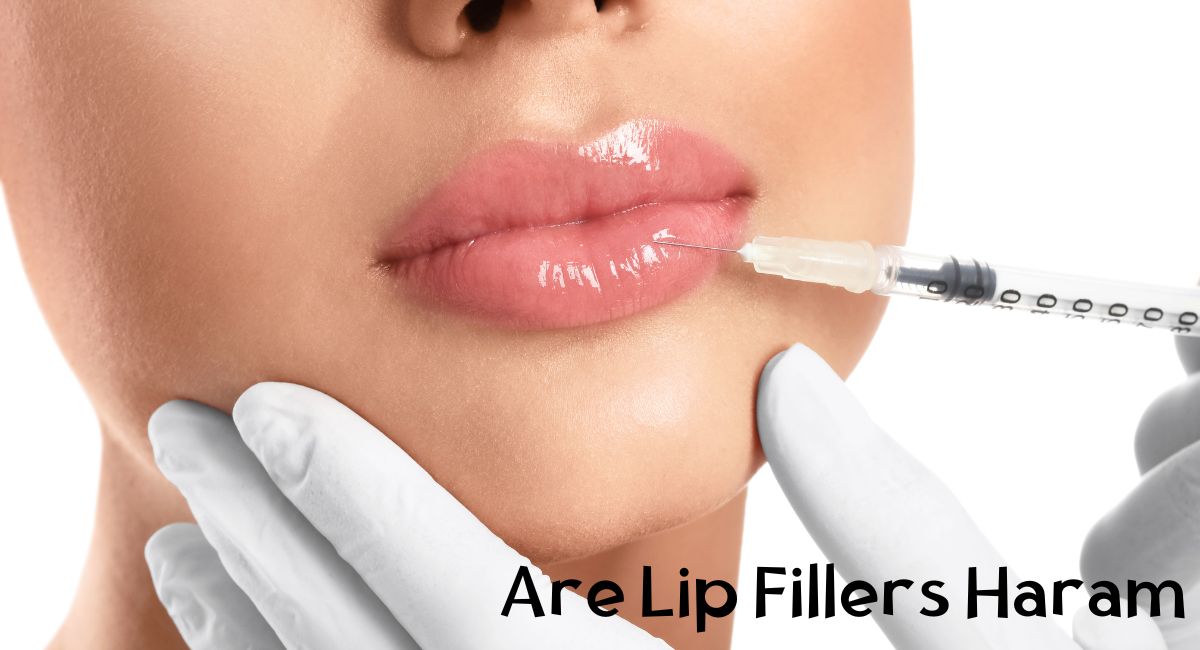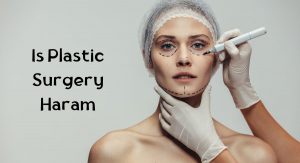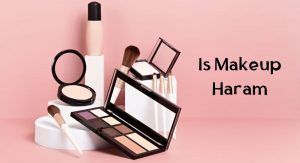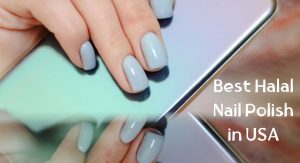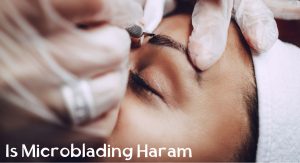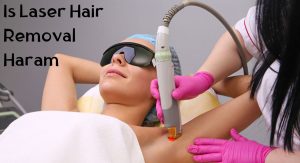Lip fillers have become an increasingly popular cosmetic procedure among Muslim women in recent years. However, there is an ongoing debate within the Muslim community about whether getting lip fillers is considered halal or permissible under Islamic law.
Those who argue that lip fillers are haram (impermissible) cite rulings against changing Allah’s creation and hadiths warning against tattoos and plastic surgery. On the other hand, some contend that lip fillers are comparable to other beautification practices like makeup and clothing that modify one’s appearance and are broadly allowed.
In this article, we will explore the Islamic legal perspective on this issue by analyzing key Quranic verses and hadiths, as well as consulting the opinions of contemporary Muslim scholars.
Key Takeaways
- Lip fillers, also known as dermal fillers or lip injections, are cosmetic treatments that enhance the appearance of the lips by adding volume, shape, and definition.
- The permissibility of lip fillers in Islam varies among scholars.
- Some argue they are haram due to changing Allah’s creation, while others suggest they may be permissible if they improve self-esteem and do not harm health.
- Islamic teachings emphasize the importance of inner beauty and qualities over pursuing physical enhancement.
- The intention behind getting lip fillers and the materials used (whether they are animal-derived or synthetic) may also influence their permissibility.
- The temporary nature of lip fillers and the absence of drastic transformations may be seen as mitigating factors in their permissibility.
What Are Lip Fillers
Lip fillers, also known as dermal fillers or lip injections, are cosmetic treatments that involve injecting a gel-like substance into the lips to add volume, shape, and definition. These fillers are typically used to enhance the appearance of the lips by making them look fuller and plumper. Lip fillers are a non-surgical, minimally invasive way to achieve a more attractive lip appearance without the need for surgery.
The most commonly used substances for lip fillers include hyaluronic acid-based fillers, such as Restylane and Juvederm. Hyaluronic acid is a naturally occurring substance in the body that helps maintain moisture and elasticity in the skin. When injected into the lips, hyaluronic acid fillers can temporarily increase lip volume and improve lip contour.
The results of lip fillers are not permanent and can last anywhere from several months to a year, depending on the type of filler used and individual factors. To maintain the desired lip appearance, repeat treatments are often necessary.
It’s important to choose a qualified and experienced healthcare provider for lip filler injections to ensure safety and achieve the desired aesthetic outcomes. Additionally, discussing your expectations and concerns during the consultation can help you and your provider determine the best approach for your unique needs.
Are Lip Fillers Haram
Islamic scholars and different schools of thought within Islam have varying opinions on the subject, often based on interpretations of Islamic teachings and principles.
According to the Hanafi school of thought, the intention behind getting lip fillers might influence their permissibility. Procedures done out of necessity or to correct abnormalities, such as reconstructive surgery after an injury, correcting a birth defect, or restoring symmetry after cancer surgery, are generally allowed in Islam.
Another key argument against lip fillers is that they involve changing or altering the natural form of a human being without due need, which some interpret as a violation of Islamic principles.
This principle is based on a Hadith narrated by Abdullah Ibn Mas’ud, which states that Allah has cursed those who change what God has created for the sake of beauty, such as those who tattoo, pluck their eyebrows, and make spaces between their teeth.
It was narrated that ‘Abdullah said:
“The Messenger of Allah [SAW] cursed the women who do tattoos and the women who have them done, Al-Mutanammisat, and the women who have their teeth separated for the sake of beauty, those who change (the creation of Allah.)”
Sunan an-Nasa’i 5099
Similar sentiments can be inferred from below mentioned quran verses.
For example, verse 30 of Surah Ar-Rum states:
“He has created everything in perfect proportion.”
This verse can be seen as emphasizing the importance of accepting one’s natural appearance as a creation of God.
Another verse, verse 13 of Surah Al-Hujurat, states:
“O mankind, indeed We have created you from male and female and made you peoples and tribes that you may know one another. Indeed, the most noble of you in the sight of Allah is the most righteous of you. Indeed, Allah is Knowing and Aware.”
This verse can be interpreted to mean that true beauty comes from one’s inner character and faith, not from one’s outward appearance.
Moreover, Islam emphasizes the importance of inner beauty and qualities, such as piety, good character, and compassion, over pursuing physical enhancement.
Abu Huraira reported Allah’s Messenger as saying:
Verily Allah does not look to your faces and your wealth but He looks to your heart and to your deeds.
Sahih Muslim 2564c
However, some scholars argue that since lip fillers are temporary and not drastic, they may not be considered Haram. This viewpoint suggests that if the procedure improves an individual’s self-esteem and doesn’t harm health, it could potentially be permissible.
The materials used in lip fillers, like Hyaluronic Acid or synthetic materials such as polymethylmethacrylate (PMMA) or calcium hydroxyapatite, may also play a role in determining their permissibility. Some materials derived from animals, like collagen or gelatin, could be considered Haram, depending on their source.
Frequently Asked Questions
1. Are temporary lip fillers haram?
The permissibility of temporary lip fillers in Islam varies among scholars. Some argue that since these fillers are temporary and don’t result in drastic transformations, they may not be considered Haram. However, others maintain that any form of body alteration for beauty should be avoided unless it is for correcting a deformity or improving health. The intention behind getting lip fillers also plays a role in this determination.
2. Are eye fillers haram?
Similar to lip fillers, the permissibility of eye fillers in Islam depends on various factors like the intention behind the procedure, whether it’s for beauty enhancement or correcting a deformity, and the nature of the change (temporary vs. permanent). The opinions among Islamic scholars may vary based on these factors.
3. Are hyaluronic acid fillers halal?
Hyaluronic acid fillers are generally considered halal as they are synthetically made and not animal-derived. Since Hyaluronic acid is naturally occurring in the human body and the commercial version used in cosmetics is not from animal sources, it is generally deemed permissible. However, the halal status also depends on the cleanliness and safety of the production process.
4. Are under eye fillers haram?
The ruling on under-eye fillers would be similar to that of lip and eye fillers. It largely depends on the intention, the nature of the fillers (whether they are permanent or temporary), and whether they are used for beautification or medical correction.
5. Can you pray with lip fillers?
In Islam, there is no specific prohibition or restriction on praying with lip fillers or any other cosmetic procedure. Islam emphasizes the intention and sincerity of the person praying, rather than their physical appearance. As long as the person’s intention is pure and they are performing their prayers with focus and devotion, there should be no issue in praying with lip fillers or any other cosmetic enhancements.
6. Do lip fillers interfere with wudu?
Lip fillers would not generally interfere with the validity of wudu. However, if the lip fillers create a barrier that prevents water from properly reaching the skin during ablution, then it could be necessary to ensure that the water adequately touches the skin during the washing process. Consult with a knowledgeable Islamic scholar or an imam for specific guidance based on your individual situation.
